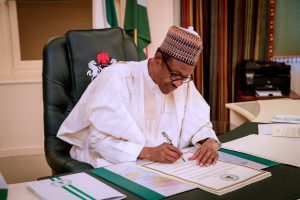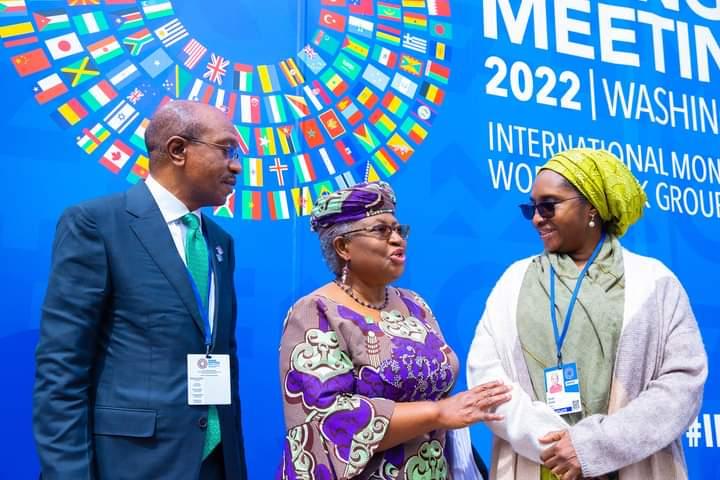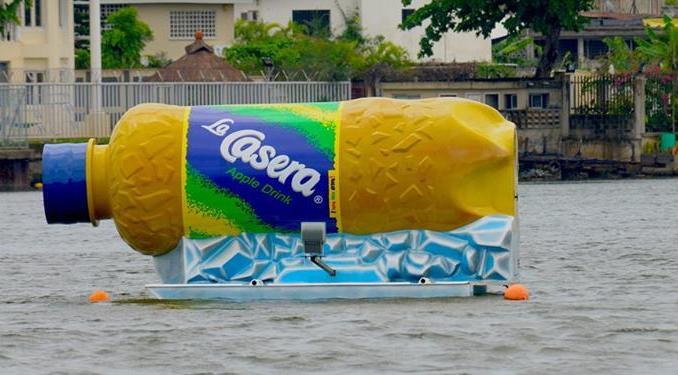(Special Report) Costing delays in FG’s approvals for investments in oil, gas sector
Though it may sound somehow, but the fact remains that the current administration knowing full well that its survival is largely dependent on oil and gas earnings, has not really done the needful in encouraging investments in the industry in the last more than three years.
Otherwise, the inactions by government on approvals for companies has meant that less investment is being made on wells, which have the capacity to significantly buoy Nigeria’s Gross Domestic Product (GDP) and improve the lives of several Nigerians.
Earlier in the year, the National Assembly completed work on the Petroleum Industry Governance Bill (PIGB) and sent to the presidency for assent only to be returned back on grounds of few discrepancies which have been rectified, yet nothing is apparently happening to it. The happenstance, according to some observers, means that the highly expected new petroleum law may not again, be ready before the completion of the tenure of the 8th National Assembly
Besides, the scenario has been forcing many investors both local and international to look another way.
For the past 11 years, Nigeria has also not been able to hold oil licensing round. Despite many promises by the current government, the country has not overcome the regulatory and bureaucratic bottlenecks which hinder the licensing round.
In the meantime, Nigeria continues to lose billions of dollars in potential investment as investors direct their attention to more stable oil bearing-countries including those making new discoveries.
For example, in 2013, London-listed Lekoil farmed into Afren’s stake of OPL 310, thereby acquiring a 30 per cent economic interest translating to 17.14 per cent equity participation but recent moves by Lekoil to get approval from the government to increase its stake to enable it make further investments in the block has been stalled by government’s slow approval process and dilly-dallying.
Back in 2015, when Afren ran into financial trouble, Lekoil bought the Afren subsidiary that held the latter’s 40 per cent remaining economic interest for $13 million, thereby adding another 22.86 per cent in equity.
The deal boosted Lekoil’s economic interest to 70 per cent and its equity interest to 40 per cent.
Just as Lekoil has spent more than $120 million on OPL 310 but is unable to continue development without ministerial consent to the second equity transfer, the chief executive, Lekan Akinyanmi, decried that “We put $50 million into drilling one exploration well and sidetrack, resulting in the Ogo oil discovery and gross recoverable reserve of 774 million barrels of oil equivalent (on a proven and portable basis).”
With estimated production volumes of 120,000 bpd, at today’s oil price, the Ogo field alone stands to generate over $3 billion in annual revenues, but that has not started due to delays in government approvals.
Another discouraging case study is the delayed approval for projects in the Benin embayment.
The Benin embayment is part of an extensive basin on the Nigerian coastal line. Also referred to as the Dahomey embayment, it is rich in hydrocarbon, and was left fallow for decades because of lack of investment.
Industry experts say the clear inaction of the government in early approval for explorations at the Benin embayment, is currently stalling investments in the area, and ruining investors’ confidence.
Investment running into billions of dollars that could have poured into Nigeria’s Benin embayment and the economy is being held back by the perceived unwillingness of the government to step up its game and free up the area to capable indigenous oil and gas firms.
Business Hilights discovered that the embayment is home to the Aje Field, which is reported to have close to 200 million barrels of oil and multi-TCF gas reserves as well as the Ogo Field, among others.
Though the earlier body language of the government opened the embayment to investment leading to the activities of Crownwell Petroleum, Panoro Energy and others operating in the area, observed tactical delays in securing needed approvals by players are driving frustrations and less investment on wells.
Observers agree that the Zabazaba Deepwater Oilfield in Oil Prospecting Lease (OPL) 245 is a clear business case which remains more painful in the eyes of deep pocket players.
This is based on the fact that the $13.5 billion deep water oilfield, with proven reserve of 560 million barrels and production volume of about 150,000 barrels of oil per day is yet to be finalised and has remained largely dormant for years.
Accordingly, the official delaying strategy of the current government on the matter pushed a group called the Niger Delta Indigenous Movement for Radical Change Group (NDMIRC) to write President Muhammadu Buhari in 2017, urging him to give approval which will facilitate the final investment decision (FID) on the project.
The group anchored their petition against the background of the unprecedented volume of employment and more foreign investors that would have resulted if the sought approvals were gotten.
For more than three years, major downstream oil marketers have been out of business due to delays in paying their subsidy arrears and lack of harsh operating environment to remain in business, thus making the NNPC the sole exporter of crude and importer of refined products.
Industry pundits say the body language of the administration in taking the oil and gas industry to the next level may end up getting to the level before now.









